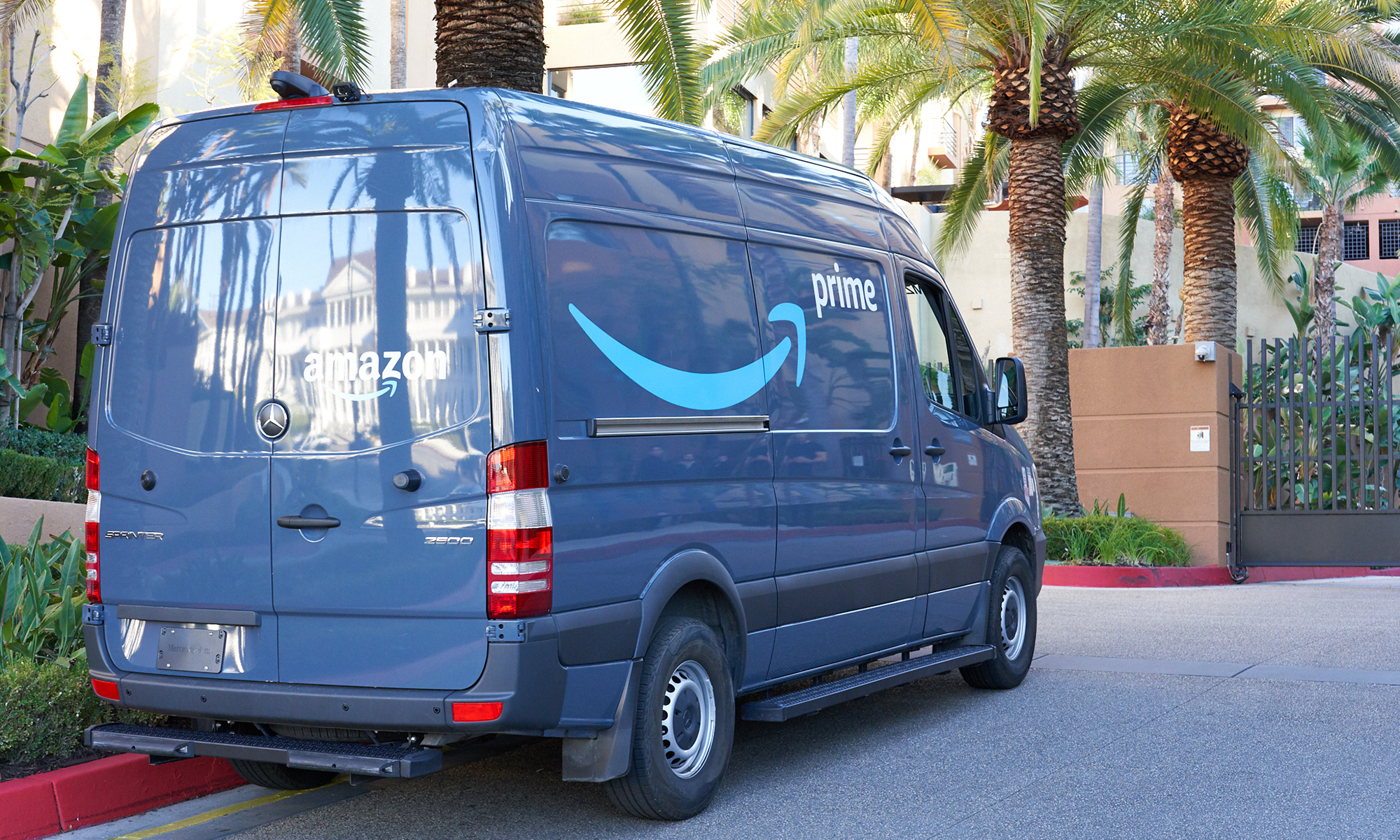When will retailers learn that Amazon.com (AMZN +0.44%) is not their friend? Over and over again, retailers think that by partnering with the e-commerce king, they'll benefit through some sort of halo effect that will allow the tremendous traffic Amazon drives to trickle down to them and boost their own sales. Rarely, though, does it seem to ever happen, and Amazon continues to undermine its competition in the process.
The latest rival willing to embrace its enemy is the U.S. shopping mall, which is agreeing to install Amazon Lockers in their centers. Undoubtedly believing they'll drive more traffic to the mall, they're more than likely just undermining the very tenants who are paying their bills.

Image source: Getty Images.
Locking up the market
Amazon Lockers were first launched in 2011, and today they're found in major cities like Boston, Chicago, Los Angeles, and New York City. Amazon says there are hundreds of locations across the country and they're always adding more. The concept behind them is smart: Since you're not always going to be home when a package you ordered is delivered, sending it to a nearby location where only you can retrieve it is a good backup plan. You order an item online, receive a code to open a locker when the package is delivered, and go get it when you can.
And for businesses hosting the lockers, they can make sense, too. For example, an Amazon customer going to a local 7-Eleven store to retrieve his package might also pick up a Slurpee while he's there. The potential to push incremental sales is what causes stores to partner with the e-commerce leader, not to mention earning a small rental fee for the locker space.
Yet what a lot of retailers end up finding out is all they're really doing is boosting Amazon's sales and undercutting their own.
Handing over the keys to the kingdom
A few years ago, office-supplies retailer Staples (SPLS +0.00%) and electronics store RadioShack thought they could benefit from the e-tailer's sales prowess. Although they were losing sales regularly to Amazon, they thought placing lockers in their stores could also result in the sale of an extra ream of paper or a few capacitors and potentiometers. Instead what they found was customers were simply buying their paper, ink cartridges, and electronic gadgets on Amazon and picking them up in their stores. After just a year, Staples and RadioShack abruptly ended the program.

Image source: Amazon.com.
That was similar to the "everyone wins" idea behind Amazon's independent bookseller program called Amazon Source that allowed bookstores to sell Kindle devices and e-books and earn a commission on the proceeds from their sale. People were increasingly reading e-books, so those that still sold the physical kind could at least profit from consumers' changing habits.
Although a couple of booksellers did sign up with Amazon, the American Booksellers Association asked, "Are you nuts?" It was deemed a blatant attempt to steal the bookstores' customers and was a move that would ultimately put them out of business.
The mall is dying
Apparently, shopping malls are going to be the latest to realize that Amazon doesn't have their best interests at heart. Last year, Pennsylvania Real Estate Investment Trust (PEI +0.00%) was said to become the first mall owner to begin installing Amazon Lockers in its malls, with several others, including Washington Prime Group (WPG +0.00%), following suit since then.
Obviously, the malls want to boost traffic. According to data compiled by the industry watchers at ShopperTrak, retail store foot traffic has plunged 57% between 2010 and 2015. While holiday sales rose 4% this past Christmas, according to the National Retail Federation, even beating their estimates of 3.6% growth, online sales surged almost 13% year over year. And Amazon was estimated as having accounted for a whopping 40% of all e-commerce sales. Getting some of those people who shopped online to come into a physical store to pick up their packages might help mall tenants. Or not.

Image source: Getty Images.
Brick-and-mortar retailers are sinking precisely because of the rise of e-commerce generally, and Amazon specifically. They are "over-stored," and real estate research firm CoStar says annual department-store retail sales have tumbled 28% since their peak in 1999, sliding every single year except one. It estimates nearly 1 billion square feet of retail space will need to be "rationalized" over the next few years.
There are places that can benefit from installing Amazon Lockers, like the aforementioned convenience stores. Unlike the retailers and the malls, they're not in direct competition with the online sales leader.
All Pennsylvania REIT, Washington Prime Group, and other mall operators that are installing Amazon Lockers are doing is hastening the demise of their tenants that are locked in a steel-cage death match battle with Amazon, and Amazon is smiling because it's selling them the rope it will use to hang them.






